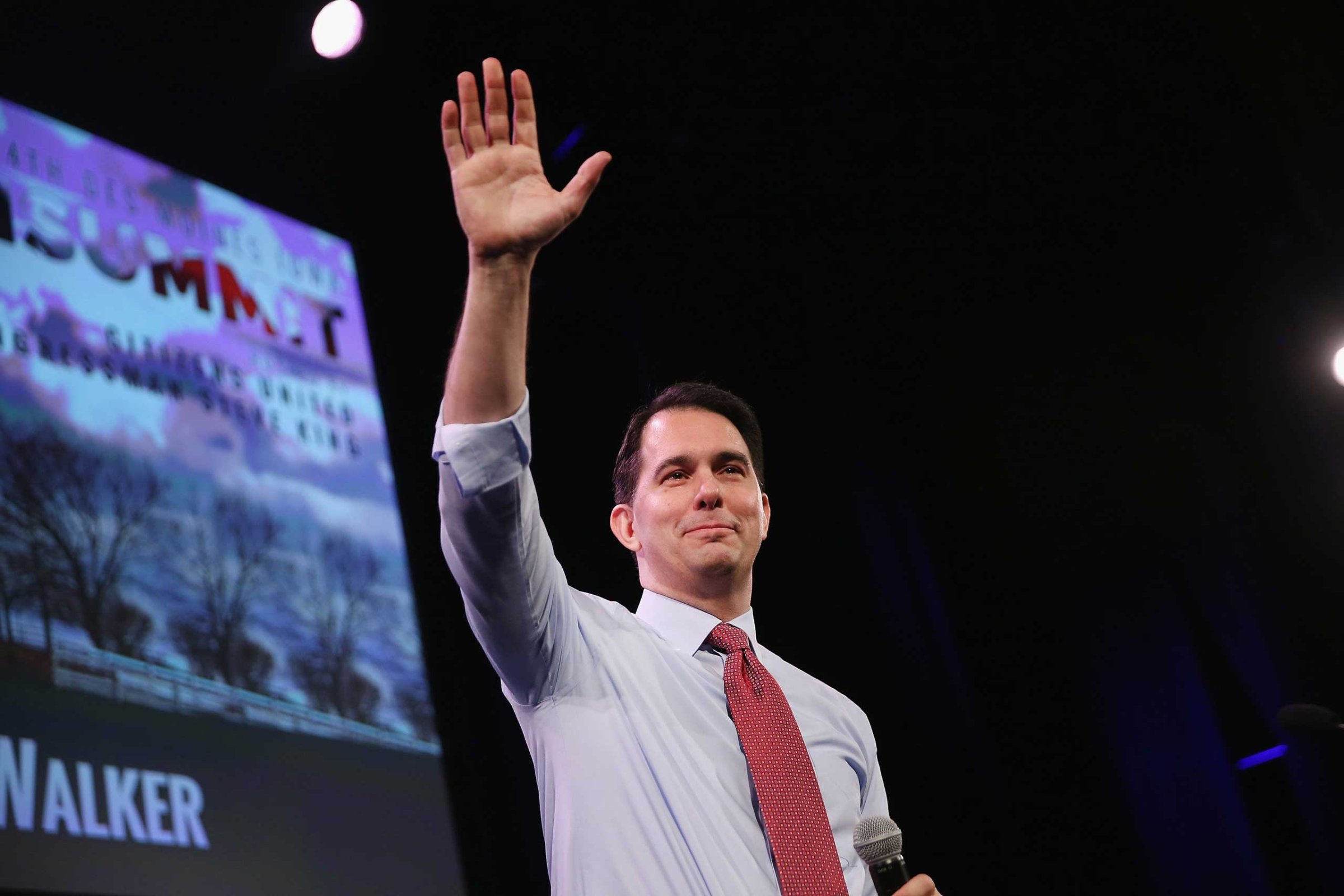
The hardest part about running for president is not seeming too above-average. Americans like to think that their commander-in-chief enjoys eating at greasy spoons in Iowa and watching bad television too. But candidates can also be punished for being too average.
Take Scott Walker. The Republican governor of Wisconsin faced criticism this week for not having finished college, most notably by former Vermont Gov. Howard Dean (Yale, Class of ’71), who argued he was “unknowledgeable” on “Morning Joe.”
But this line of criticism can be a hard one for Democrats to press, in no small part because there are a lot of Americans who are just like Walker in this regard.
According to the Census Bureau, only 31.7 percent of adults in the U.S. over the age of 25 had finished college in 2013. Walker, smartly, is trying to play these stats to his advantage, telling the Milwaukee Journal Sentinel, “I’m like the majority of people in America.”
He also cited personal reasons why he left Marquette University before graduation and didn’t return: “I’m someone who went to college, had the opportunity in my senior year to go and take a job full-time … and I took it, thinking someday, maybe, I’d go back. But a few years later, I met my wonderful wife, Tonette, a year after that, we had Matthew, the year after that, we had Alex.”
See the 2016 Candidates Looking Very Presidential
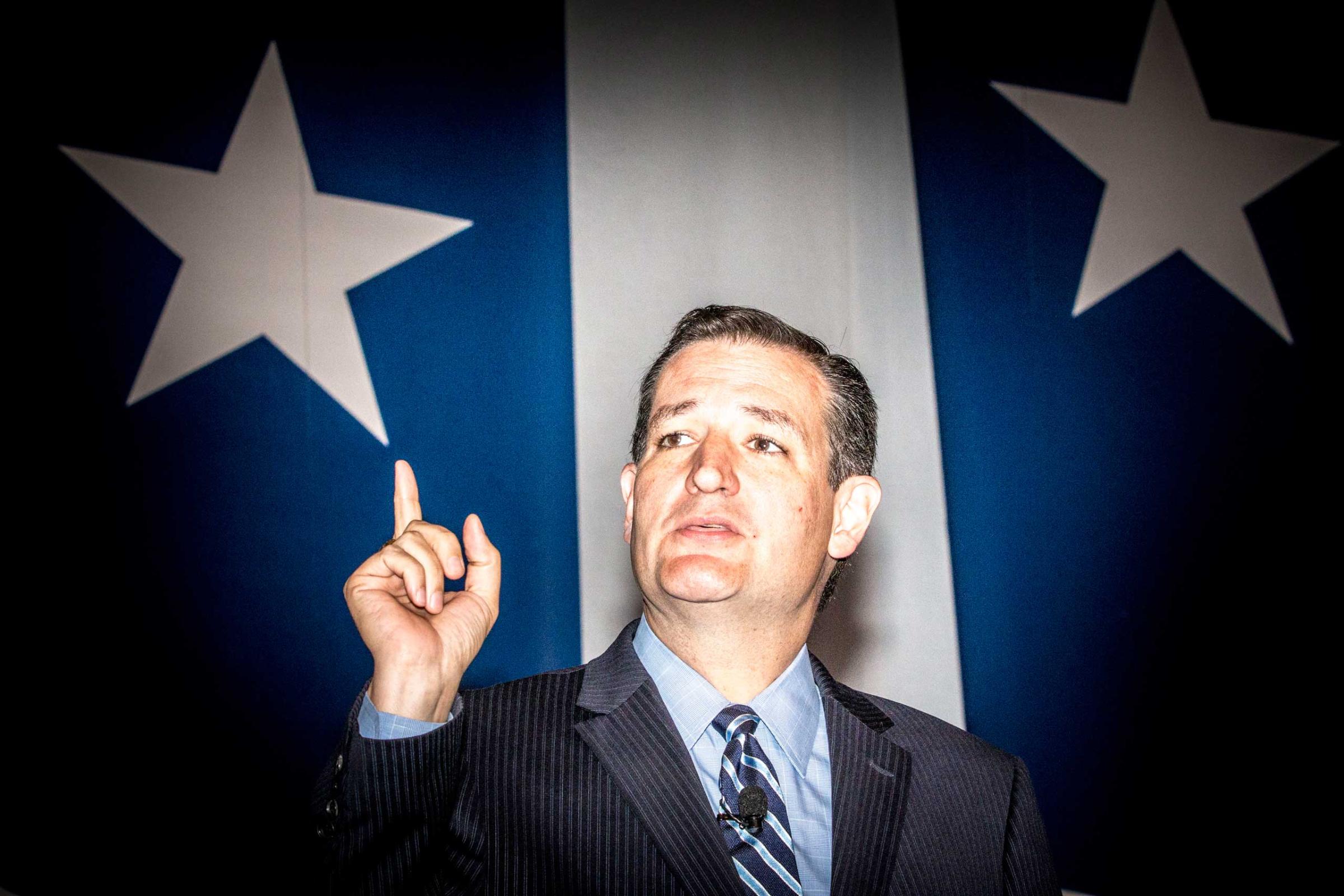
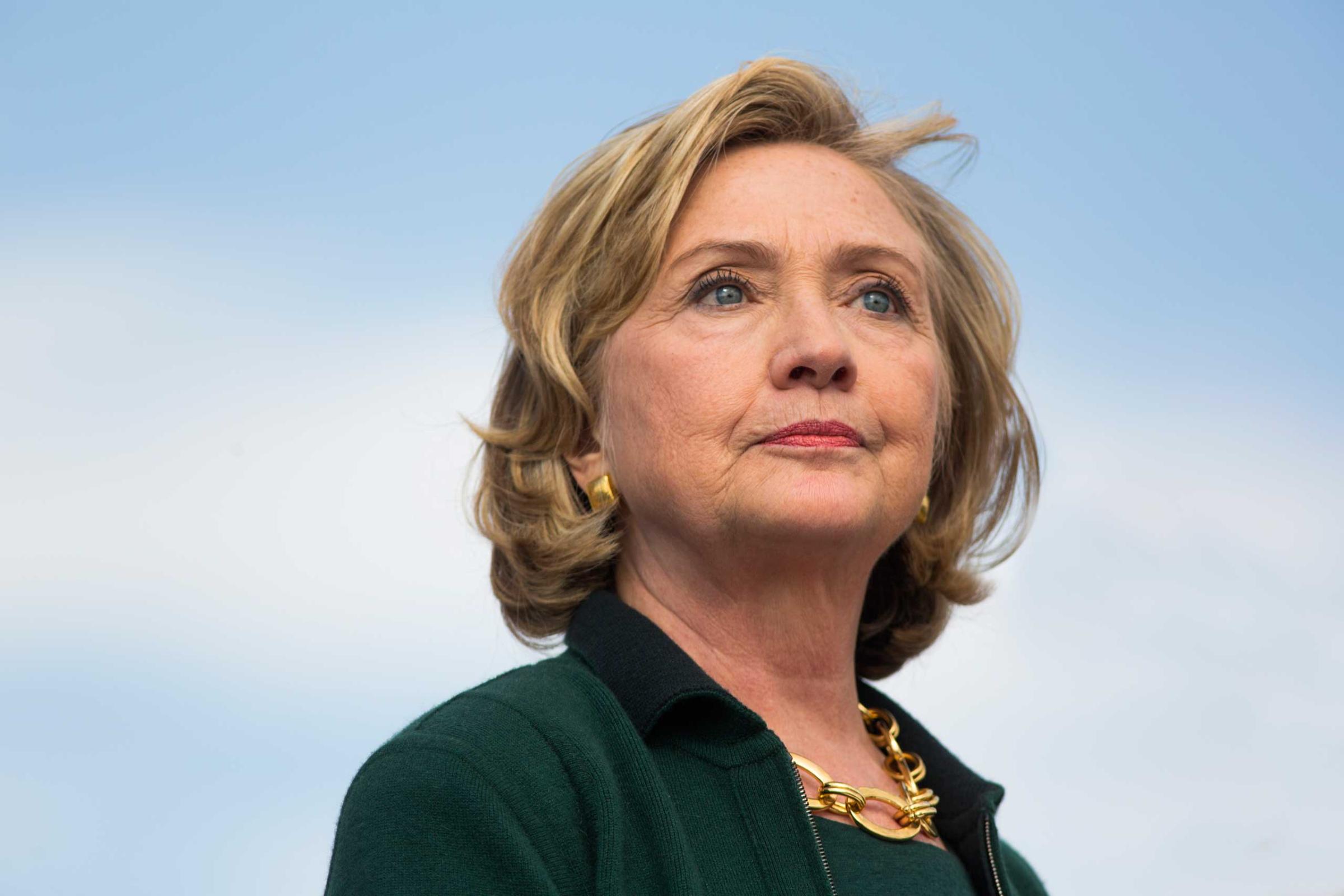
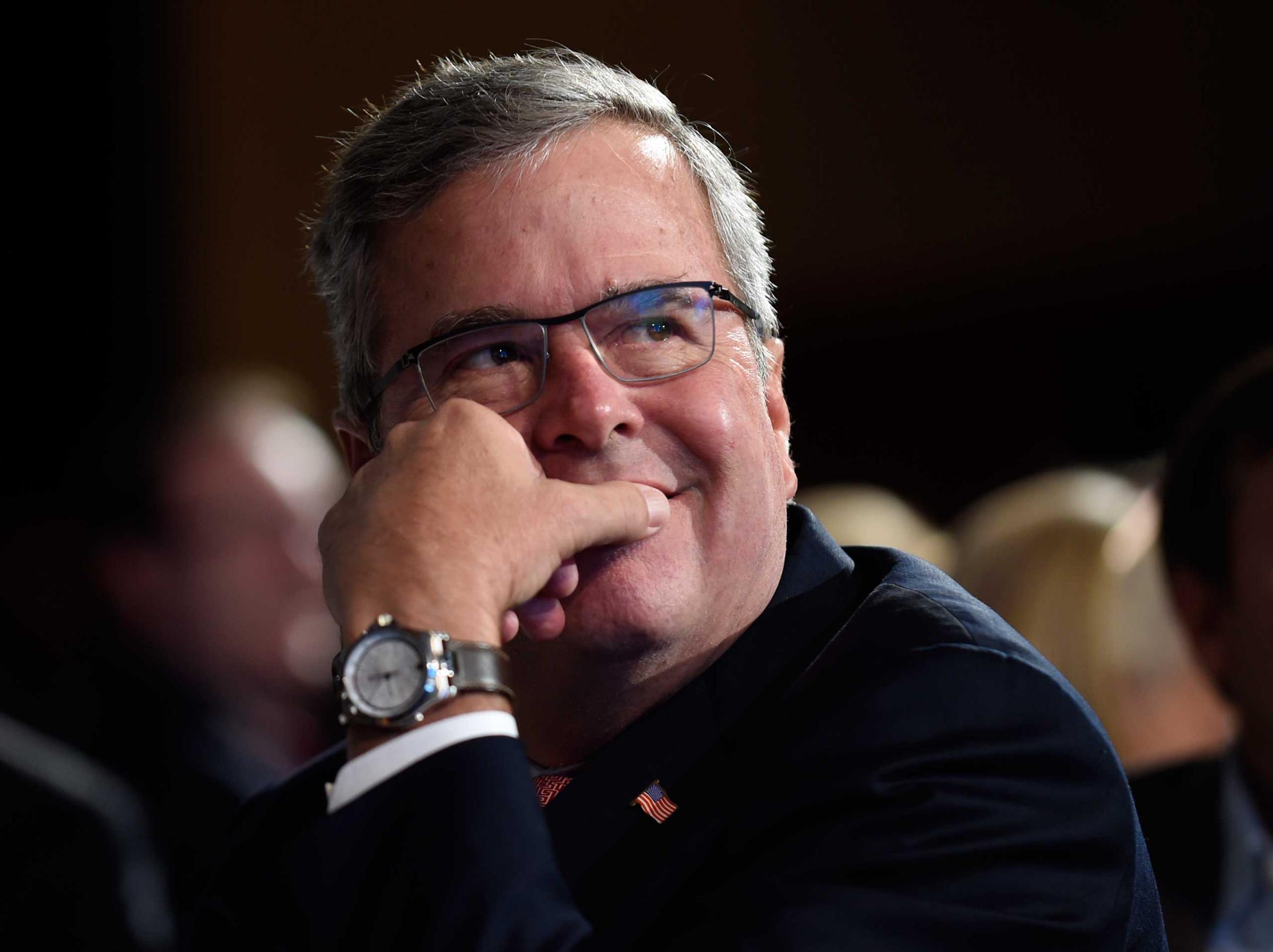
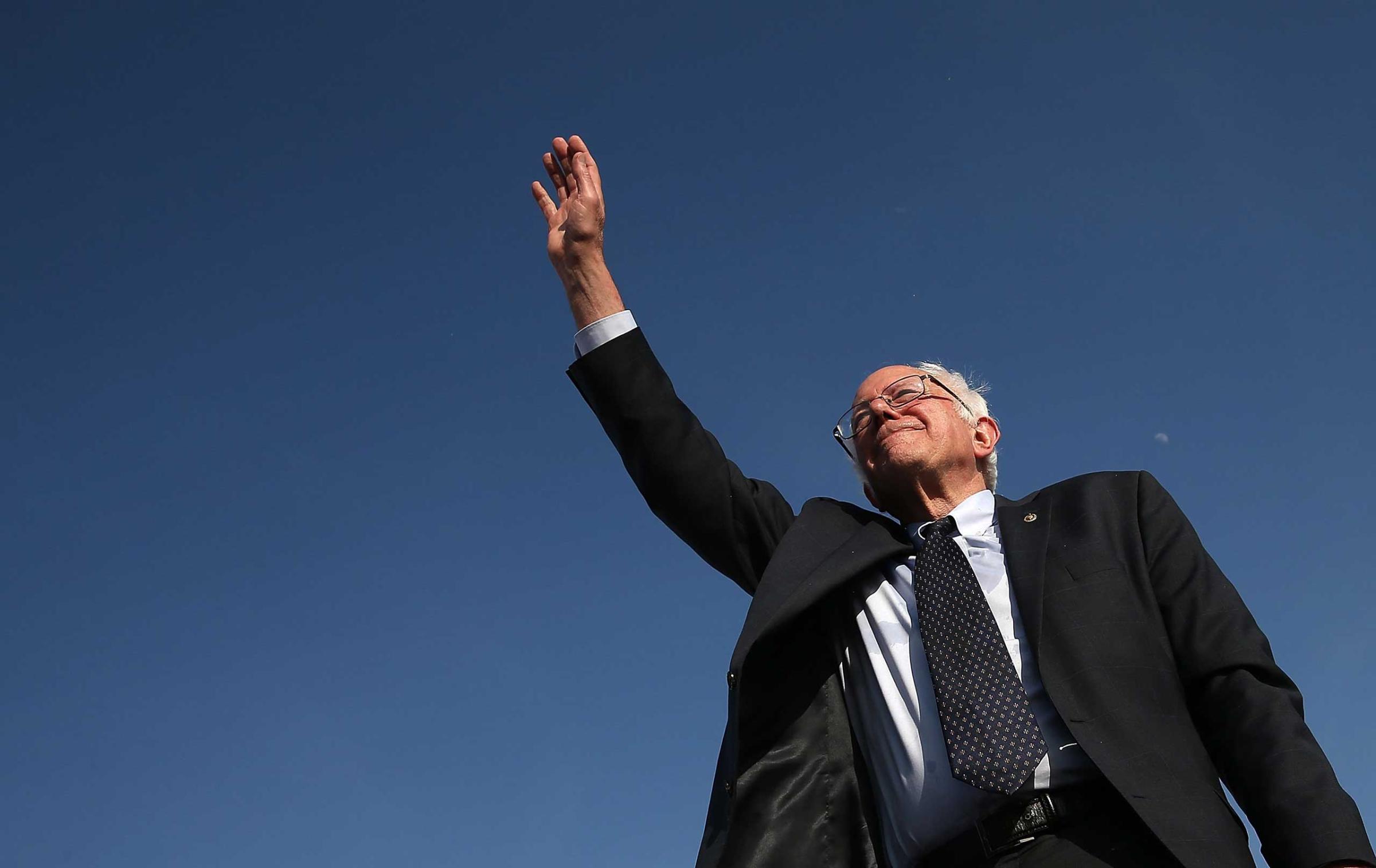
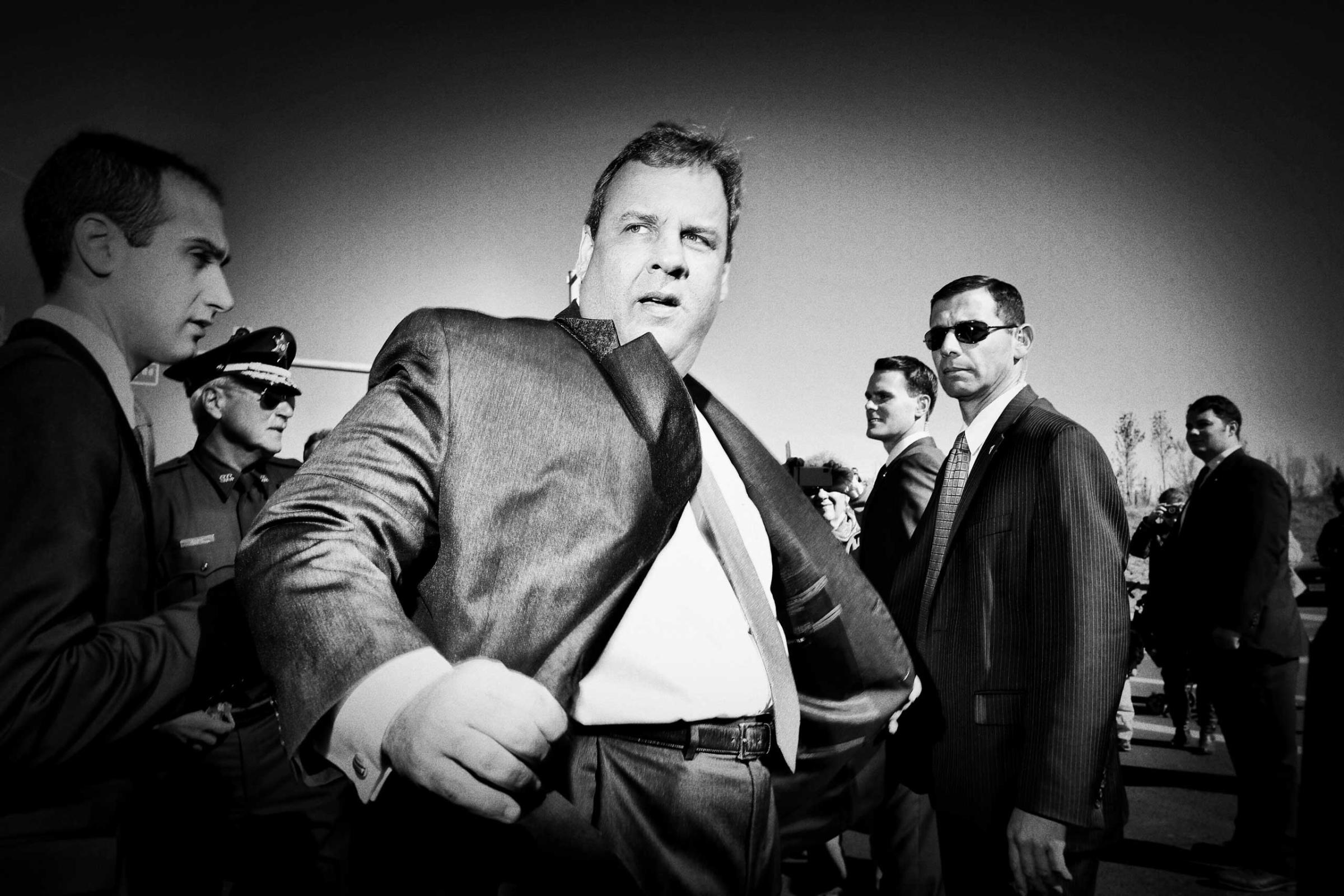
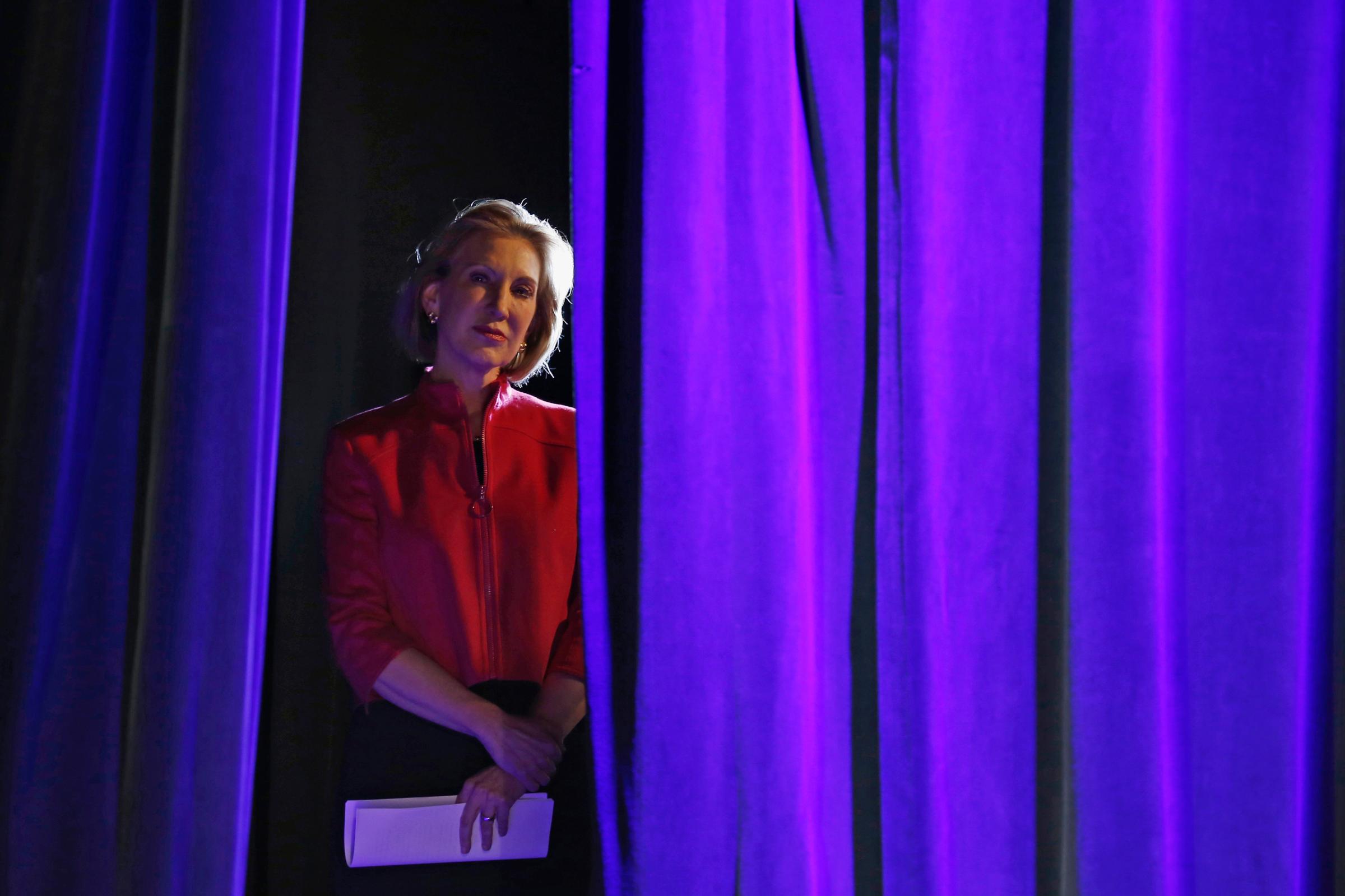
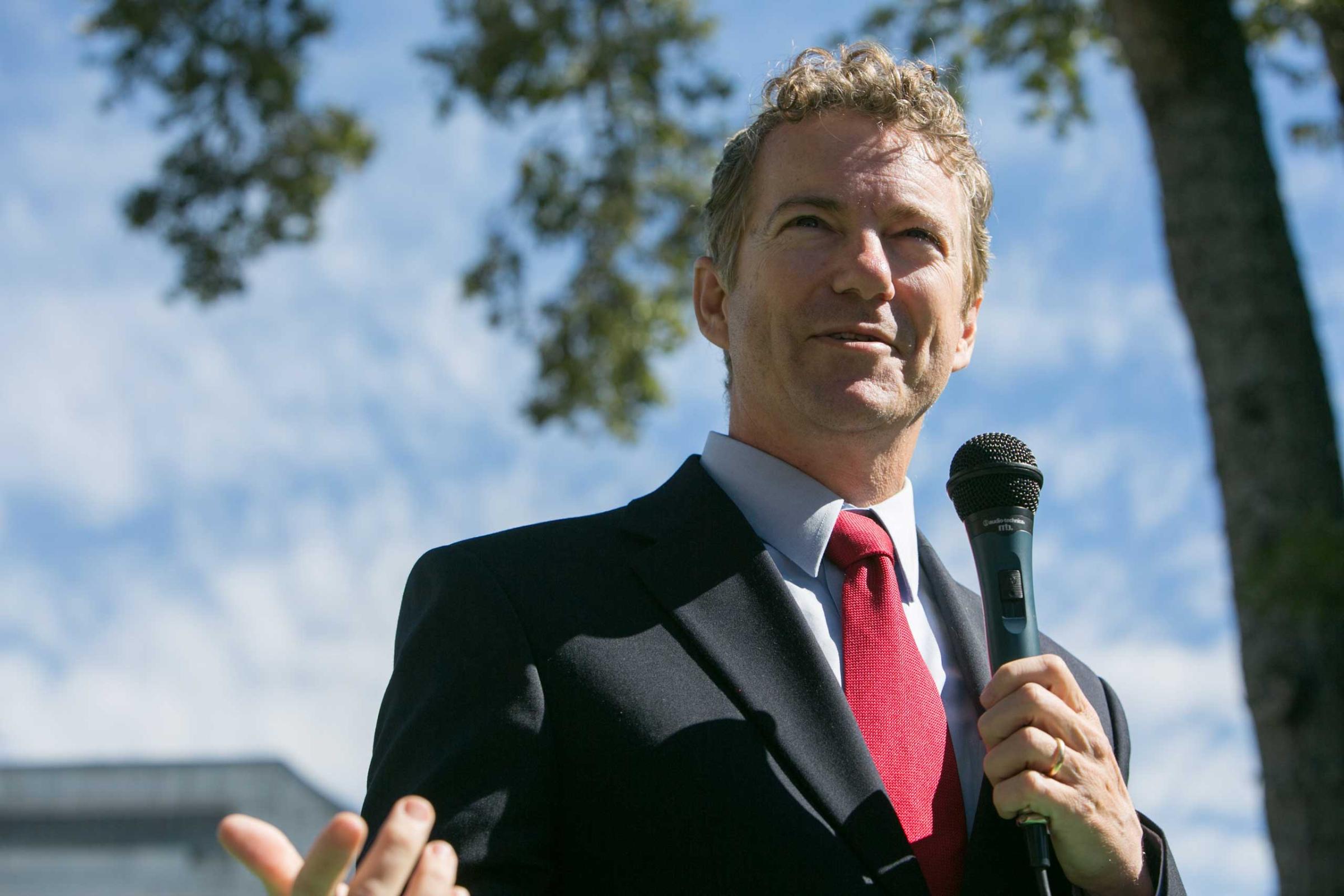
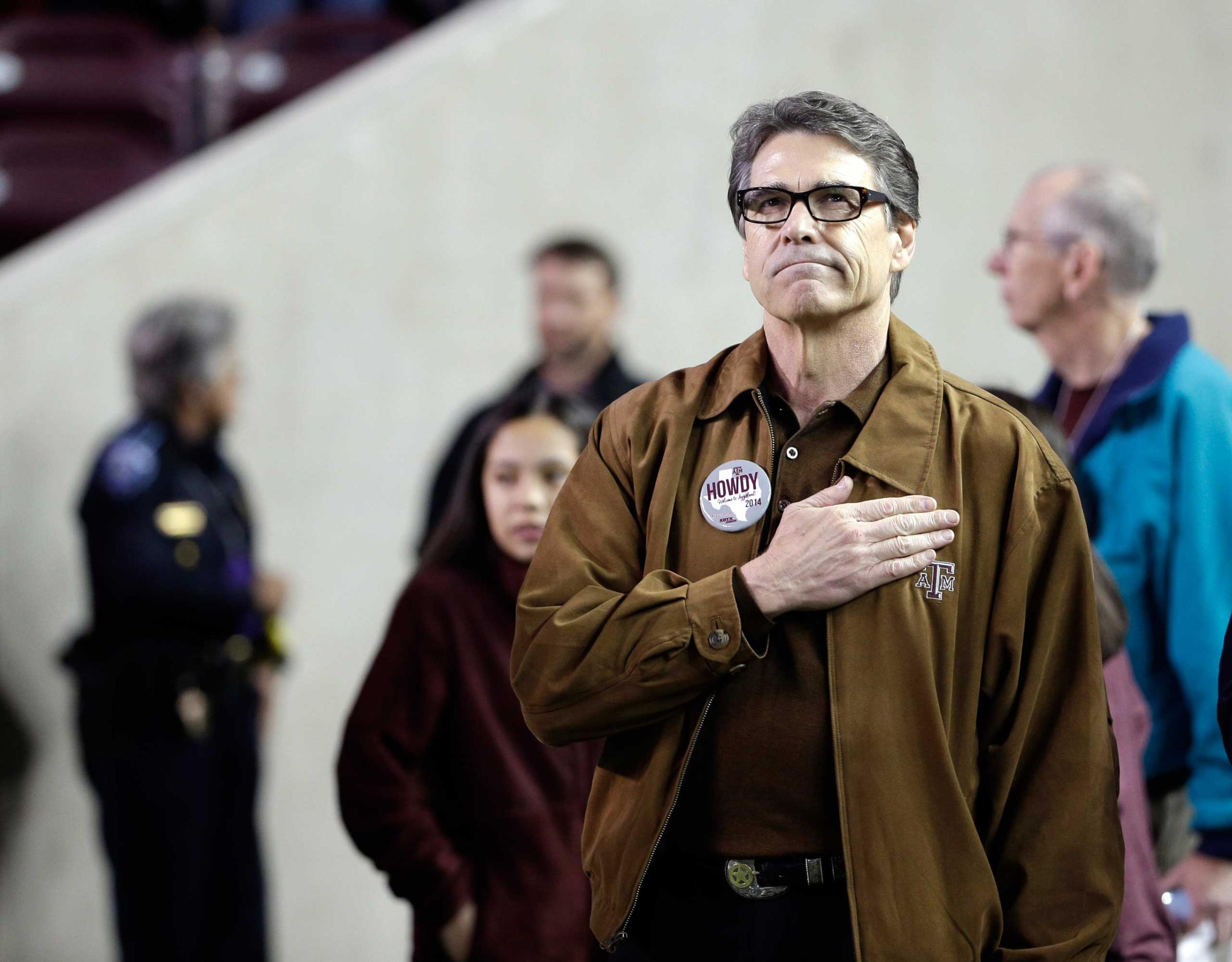
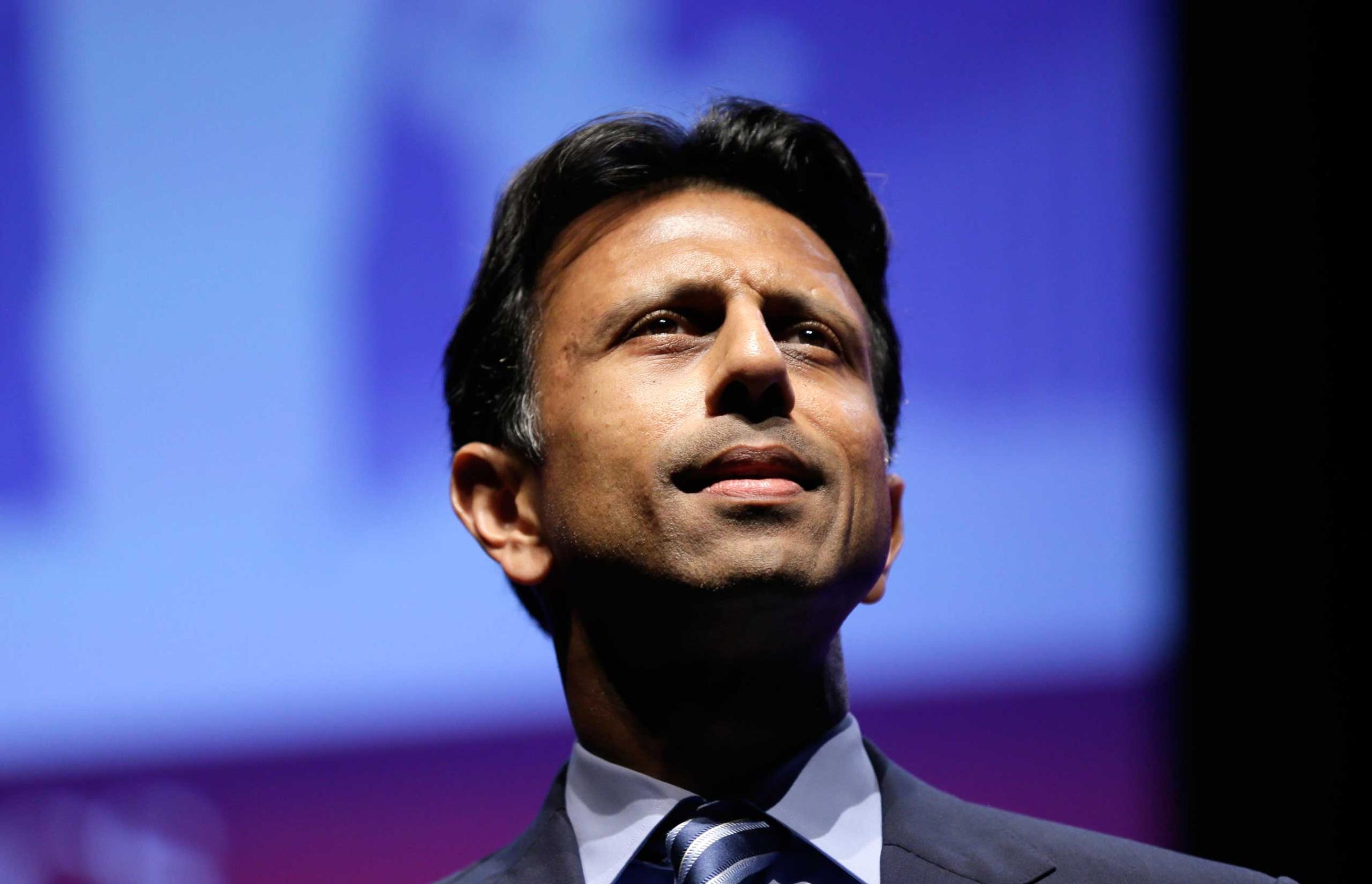
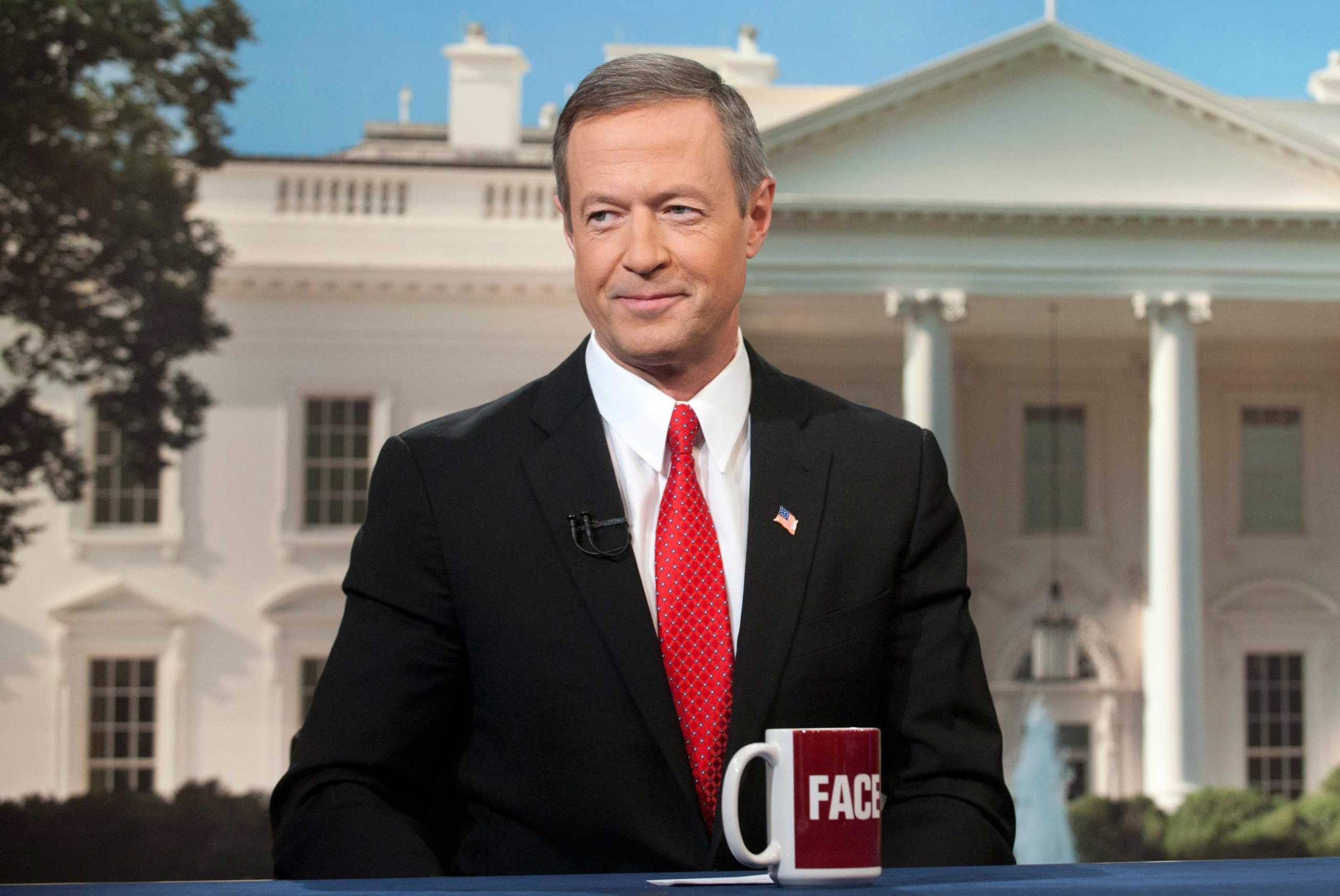
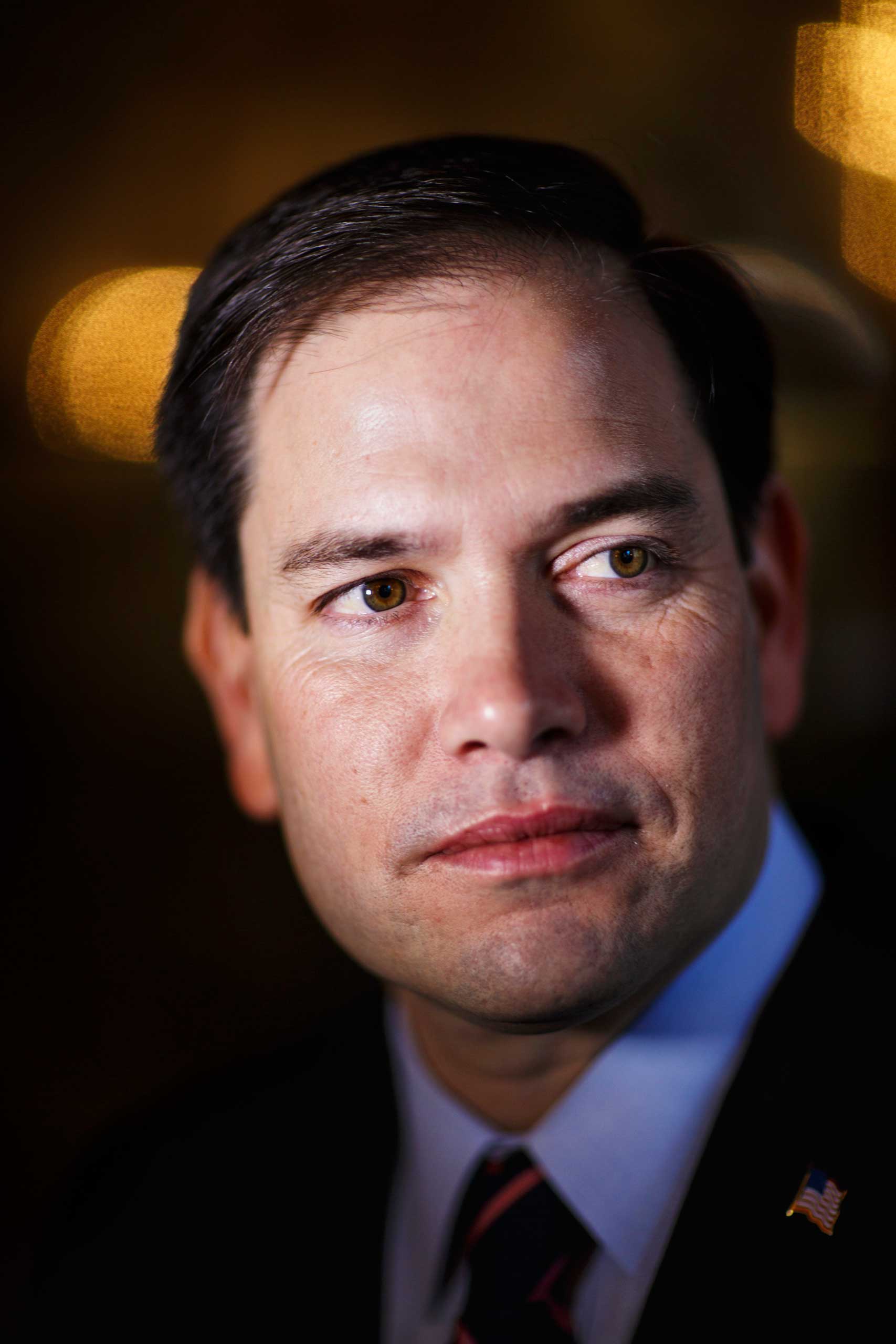
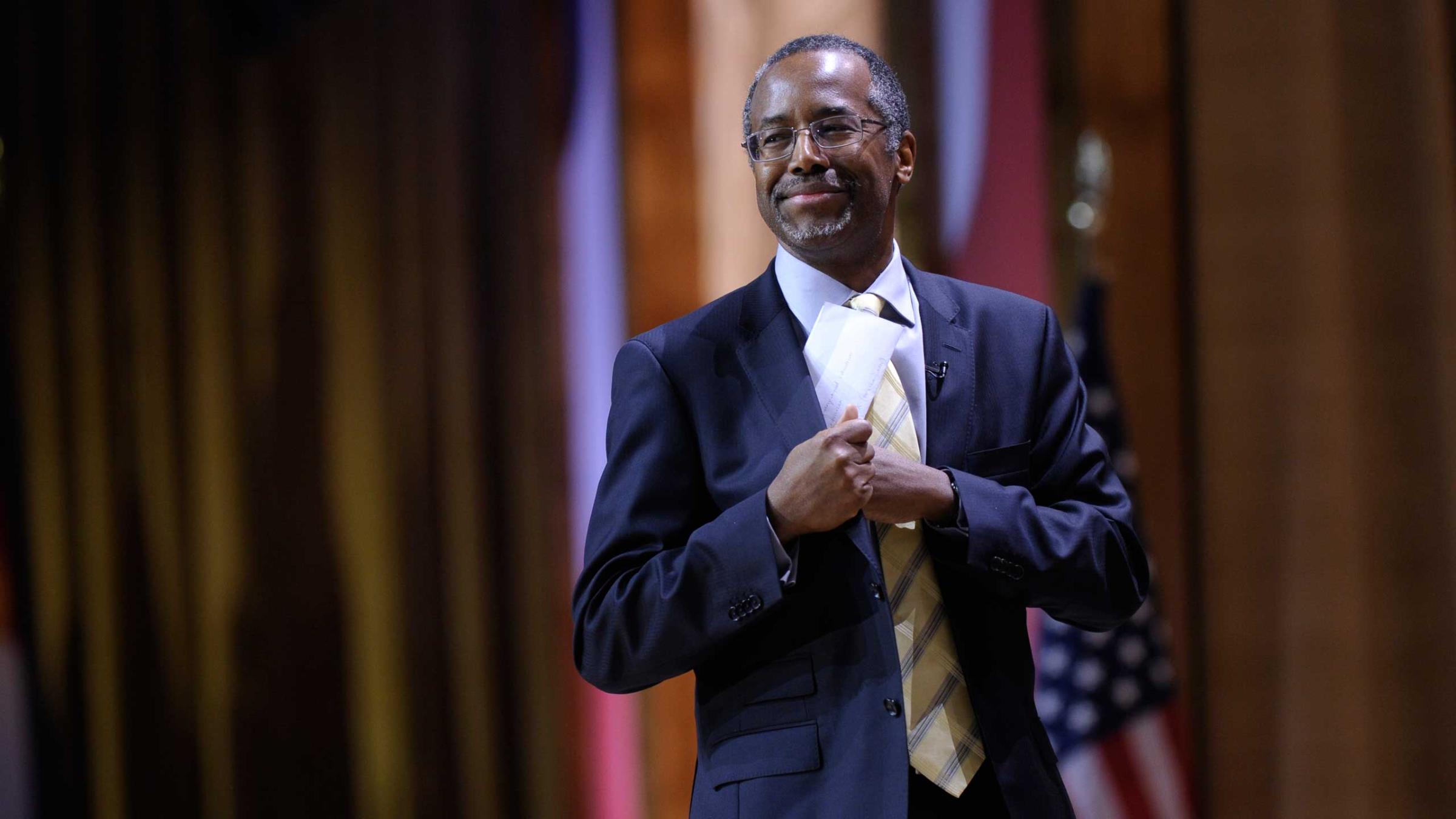
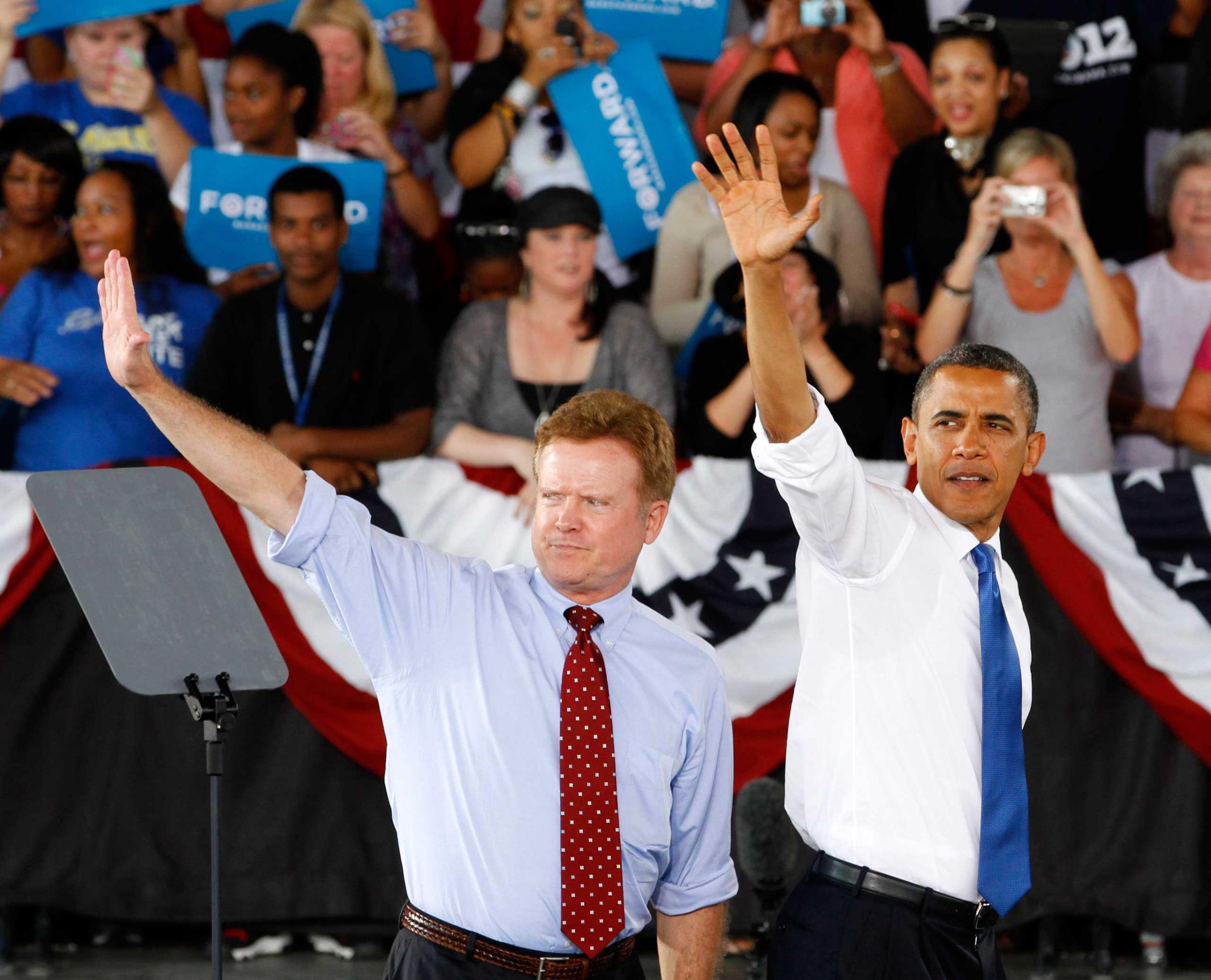
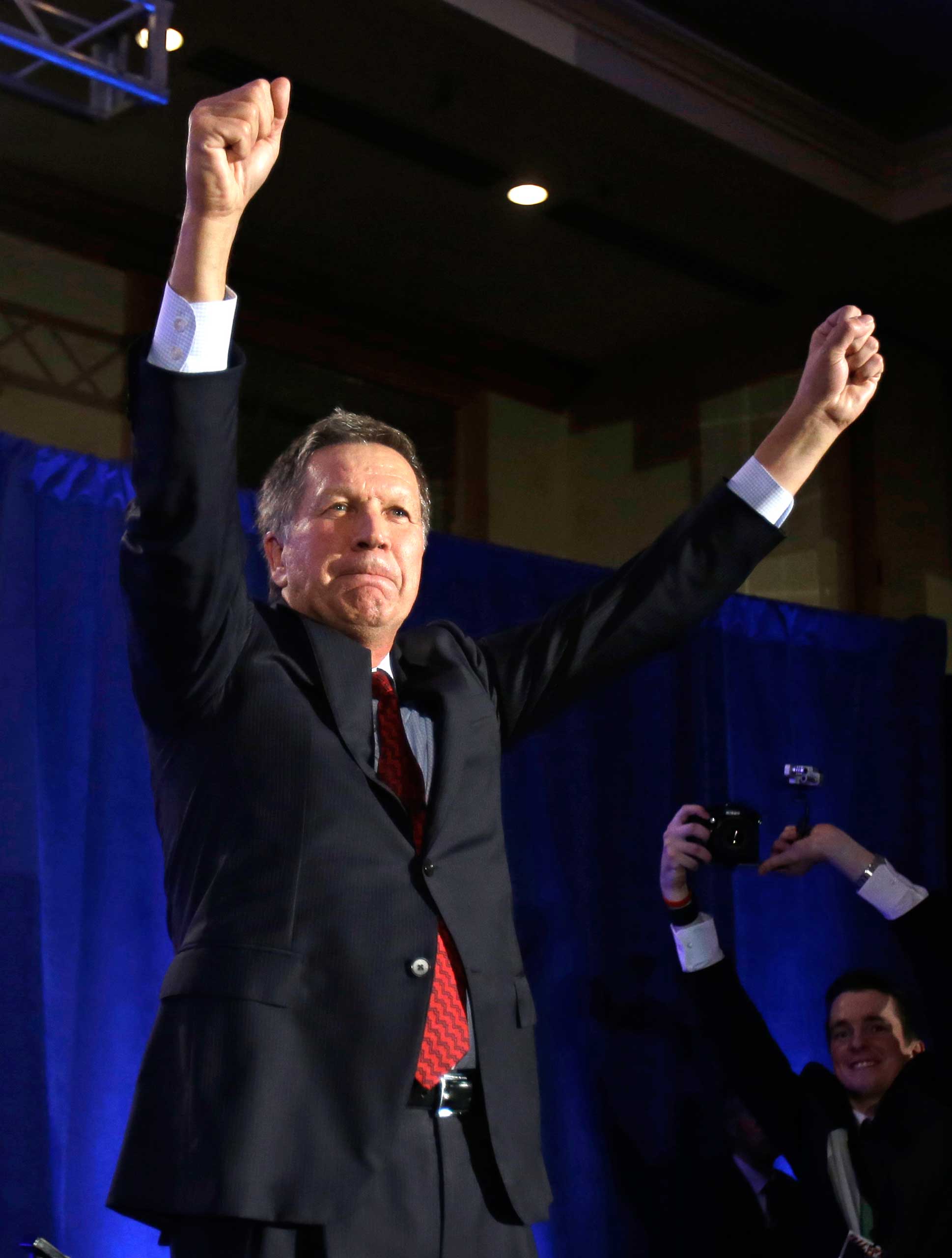
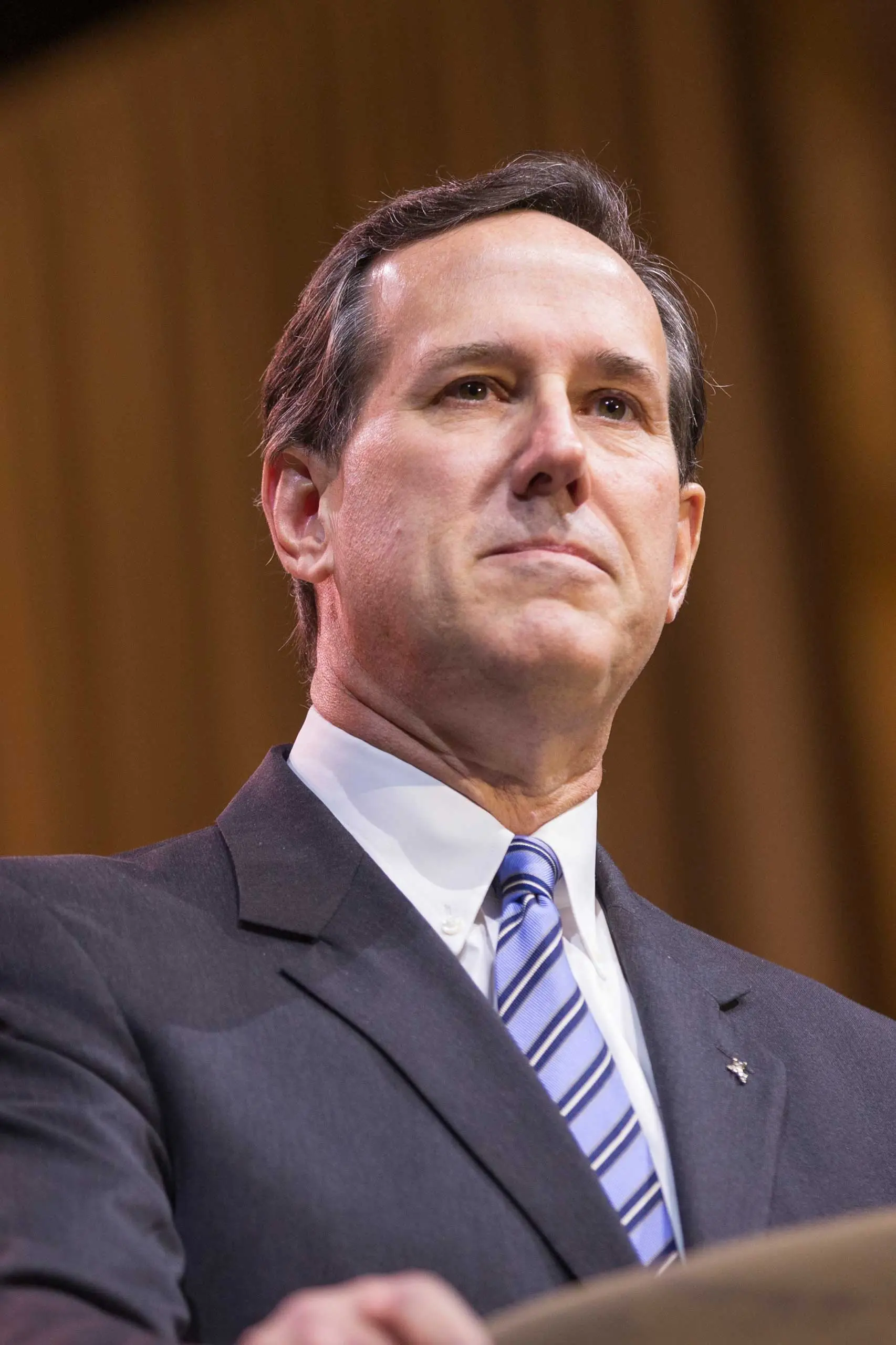
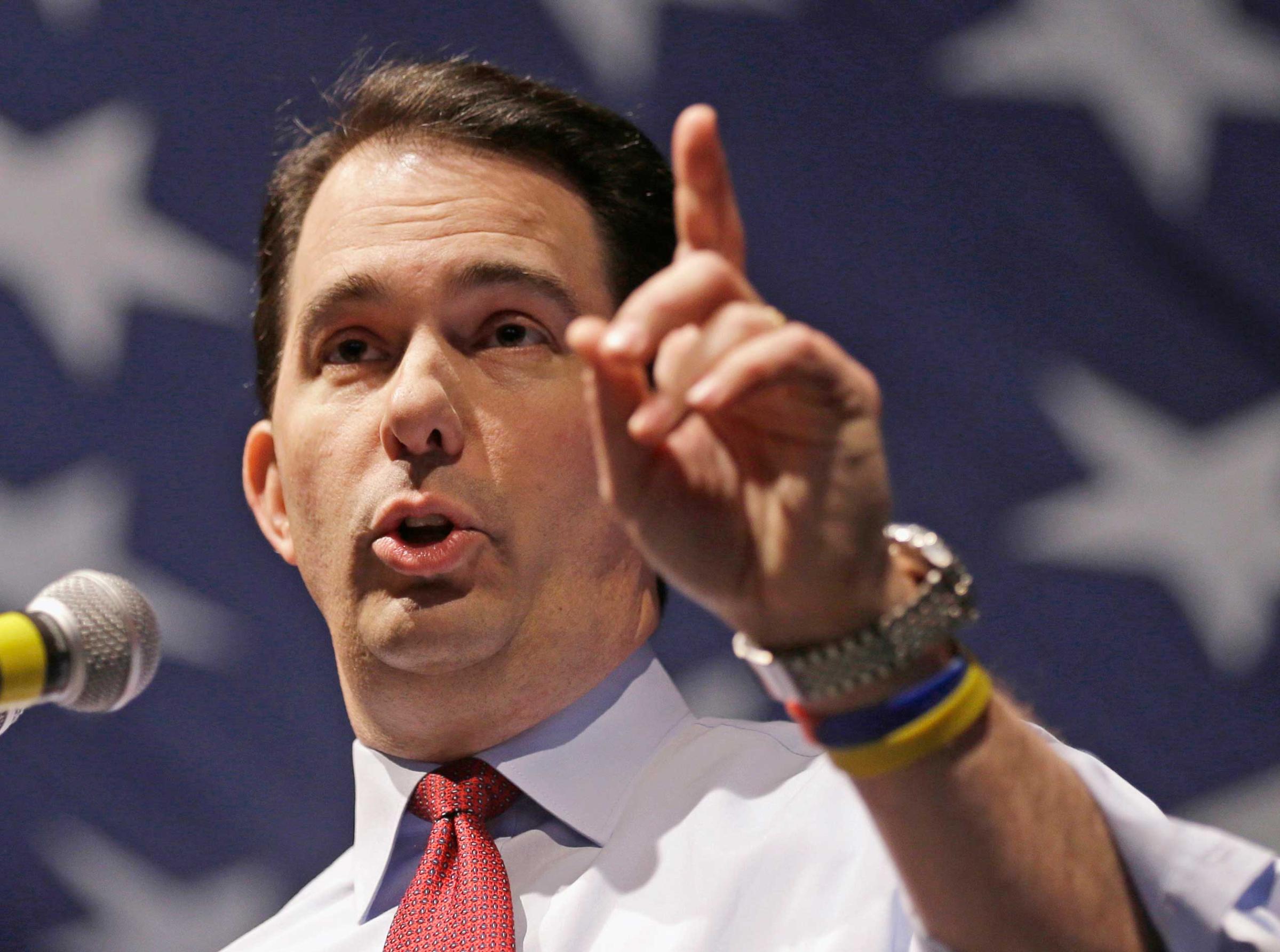

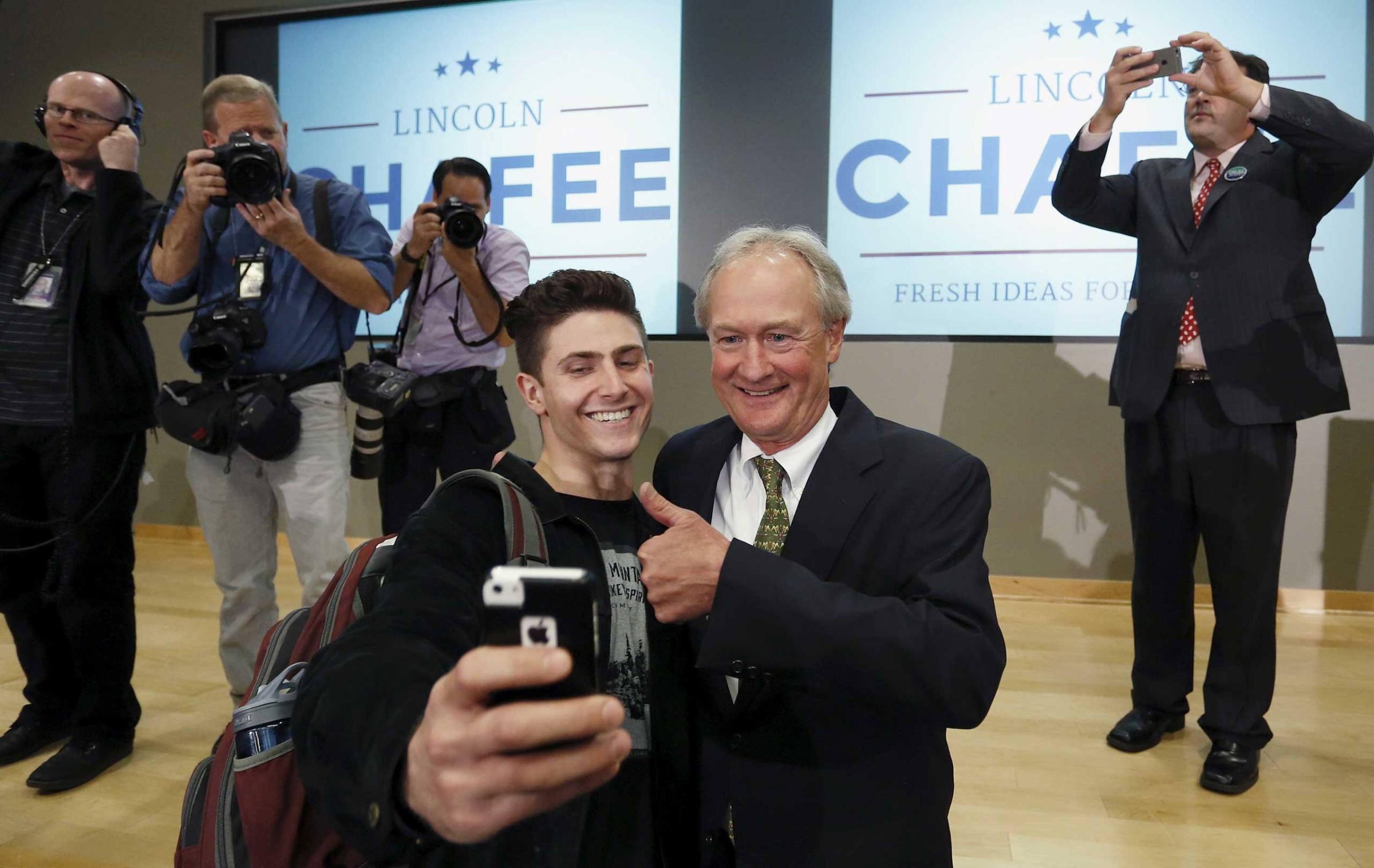
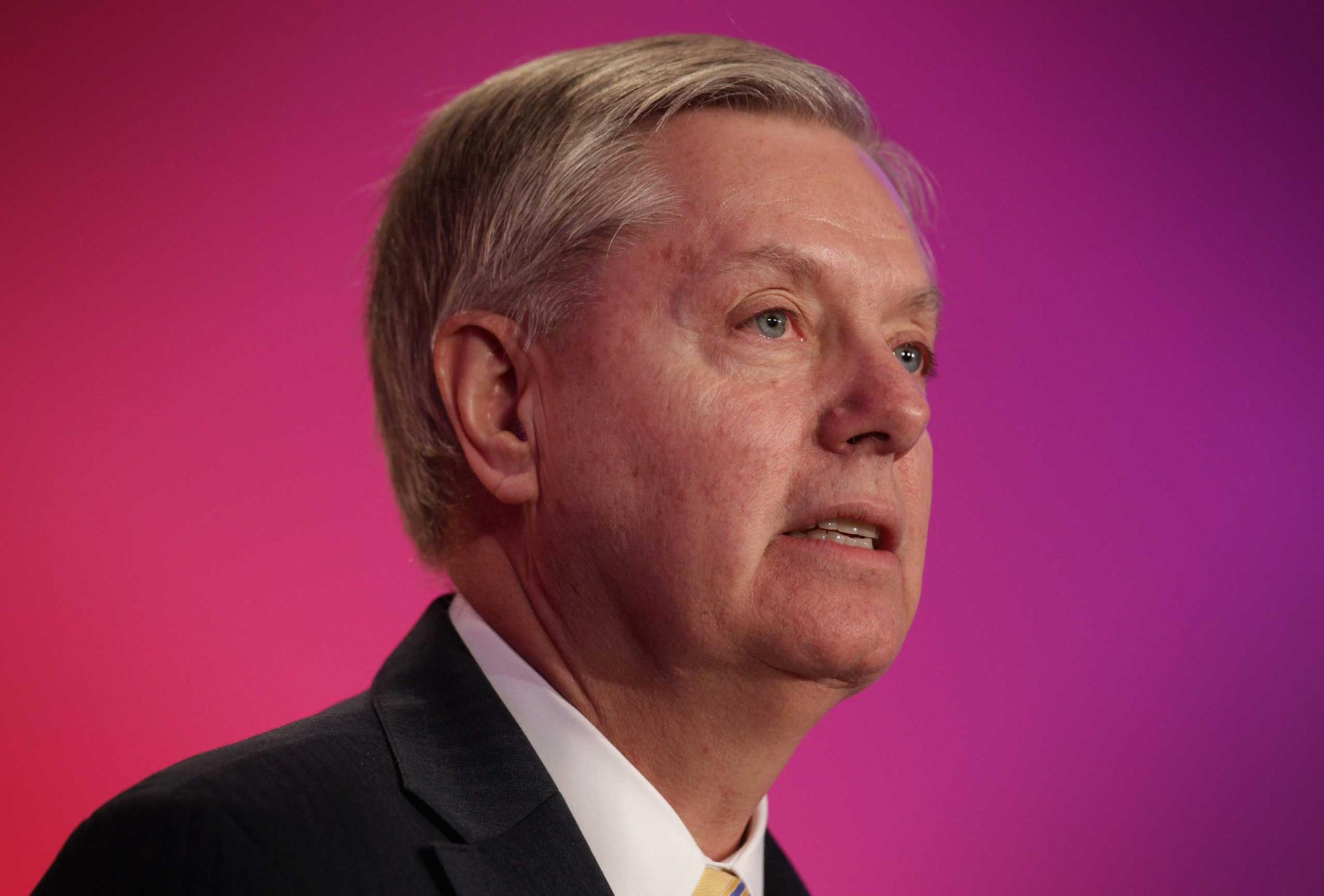
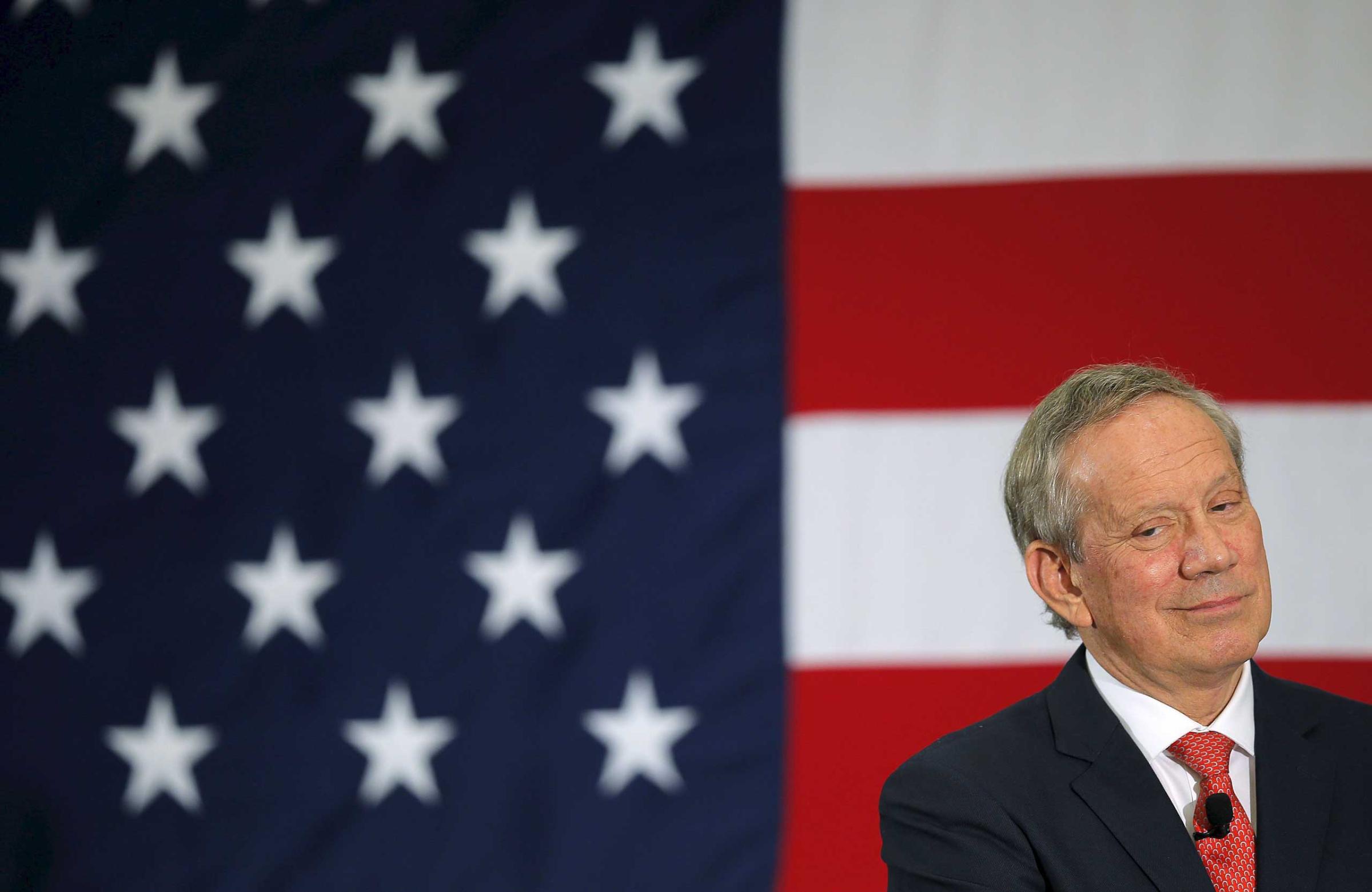
But while Walker may be in the majority, the rest of the 2016 field certainly is not. In fact, they’re way more educated than the typical American.
Hillary Clinton got her undergraduate degree from Wellesley College and a law degree from Yale. Bobby Jindal went to Brown University and then got a master’s degree from the University of Oxford. Ted Cruz went to Princeton and went on to get a law degree from Harvard. Carly Fiorina went to Stanford and has a MBA from the University of Maryland and a master’s degree in science from Massachusetts Institute of Technology. The list goes on.
In fact, the educational bona fides of the 2016 field are so extensive that Jeb Bush looks like an outlier for only having a bachelor’s degree from the University of Texas at Austin. That makes Walker even more of an outlier among the group of candidates. (Although Rand Paul did not finish his undergraduate degree, he went on to get a medical degree from Duke.)
But there’s nothing unusual about the possible presidential candidates when compared to other contemporary politicians.
If Walker makes it to the Oval Office, he would be the first elected president without a college degree since Harry Truman. And before him, you’d have to go all the way back to 1897 to William McKinley. In the current Congress, 94% of House members and 100% of Senators have at least a bachelor’s degree. And most of them have even more education: 64% of House members and 74% of Senators have an advanced degree.
These statistics point to the central tension over what we expect from our politicians. The fact that 30% of America has a college degree but all of our Senators do clearly demonstrates a bias towards education at the ballot box, or at least shows that higher education is tied somehow to other factors that help get a politician elected. But on the other hand, election cycles are full of candidates eating the state’s famous corn dogs and drinking beer with locals, all in the service of proving that they’re “just like you.”
As Matt Dallek, a professor of political science at George Washington University’s graduate school, explained to the Washington Post, “Voters want some sense that our leaders are particularly gifted, smart, accomplished, extraordinary but at the same time ordinary.”
As it plays out, the debate over Walker’s education could answer the question: do voters really want a candidate from the same educational mold as most of the country? Or will the scrappy governor from Wisconsin be penalized for being too ordinary?
U.S. Politics as Seen Through Mark Peterson's Satirical Eye
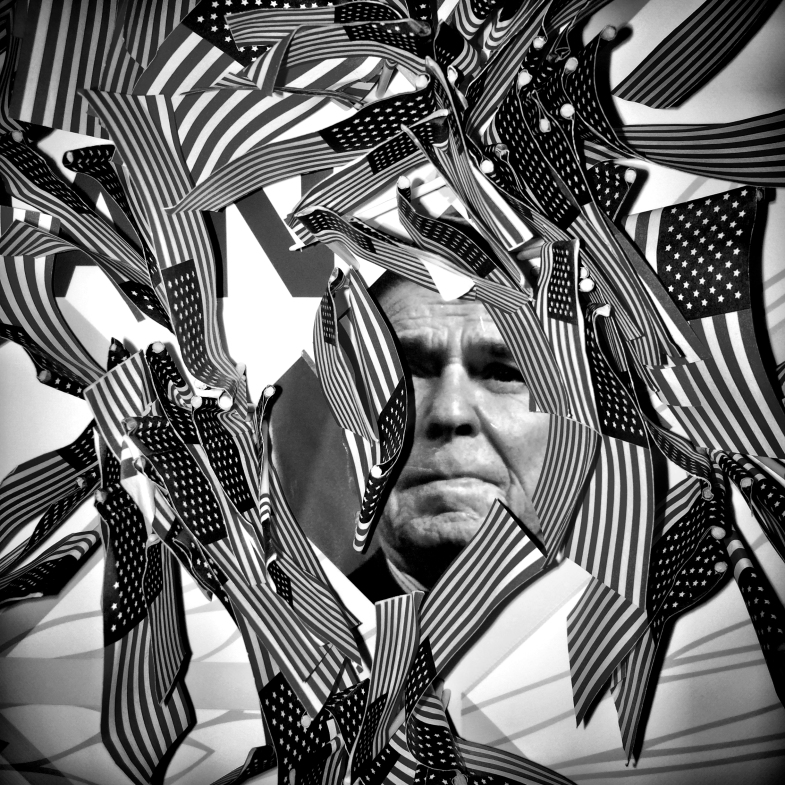

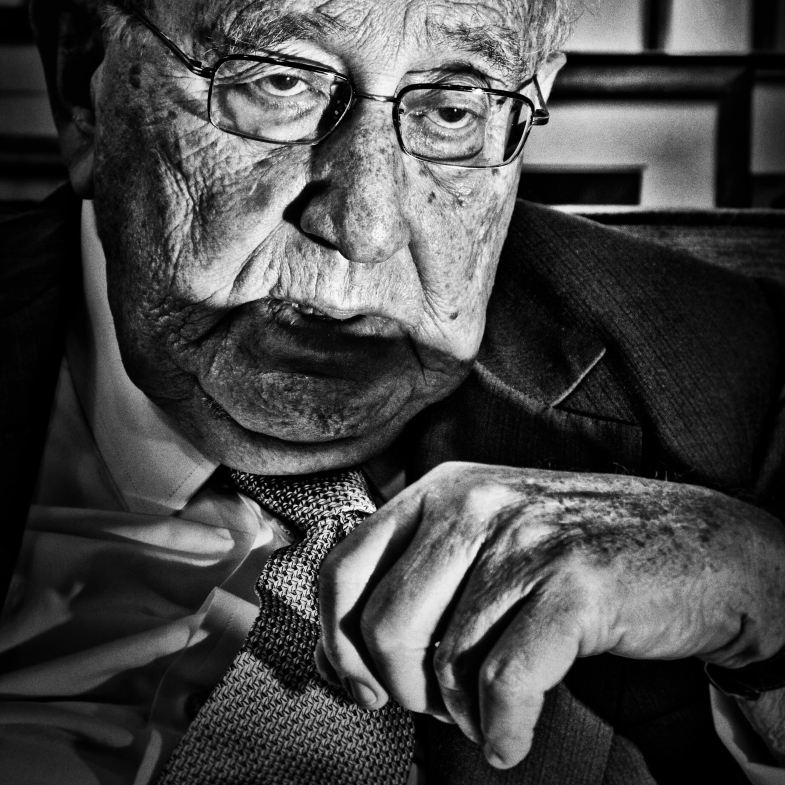
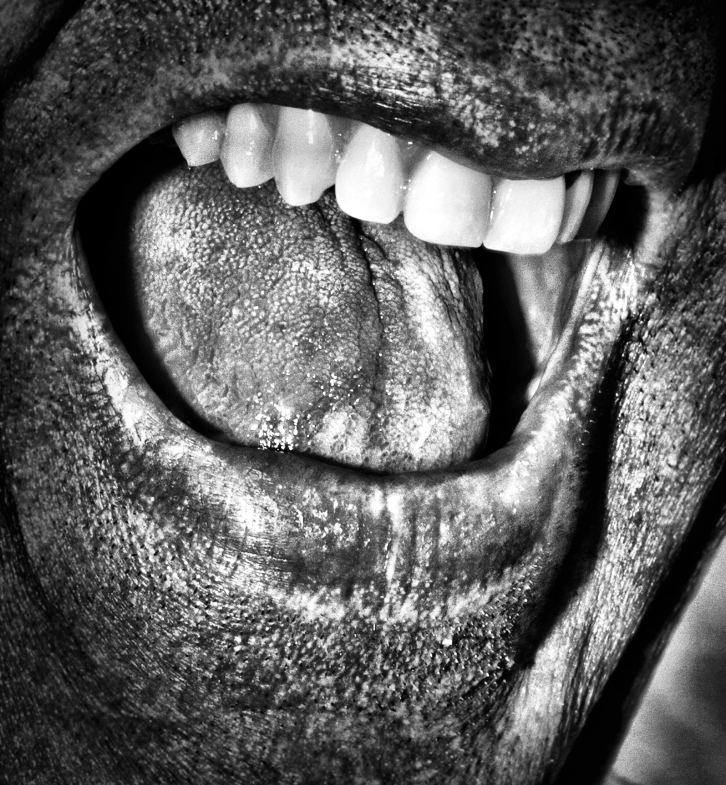
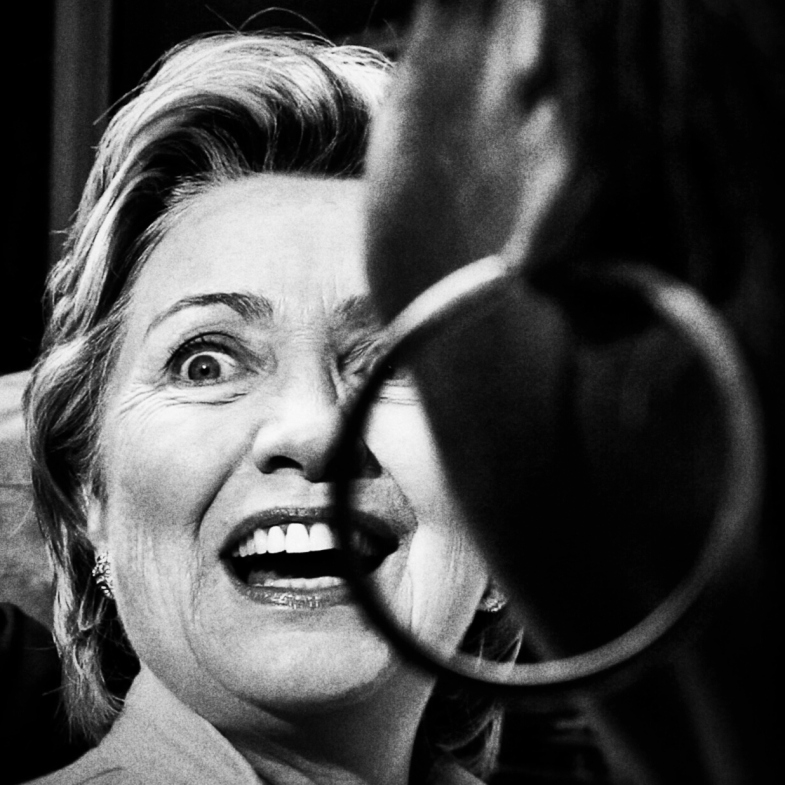

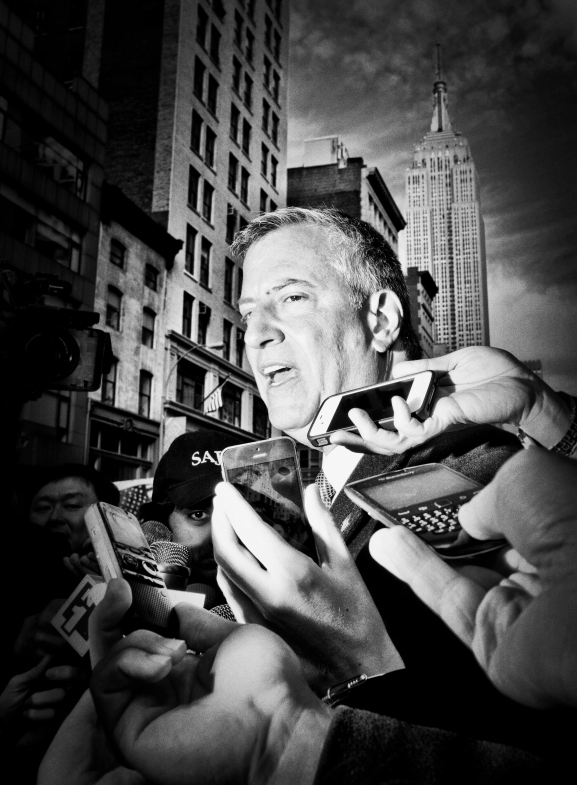

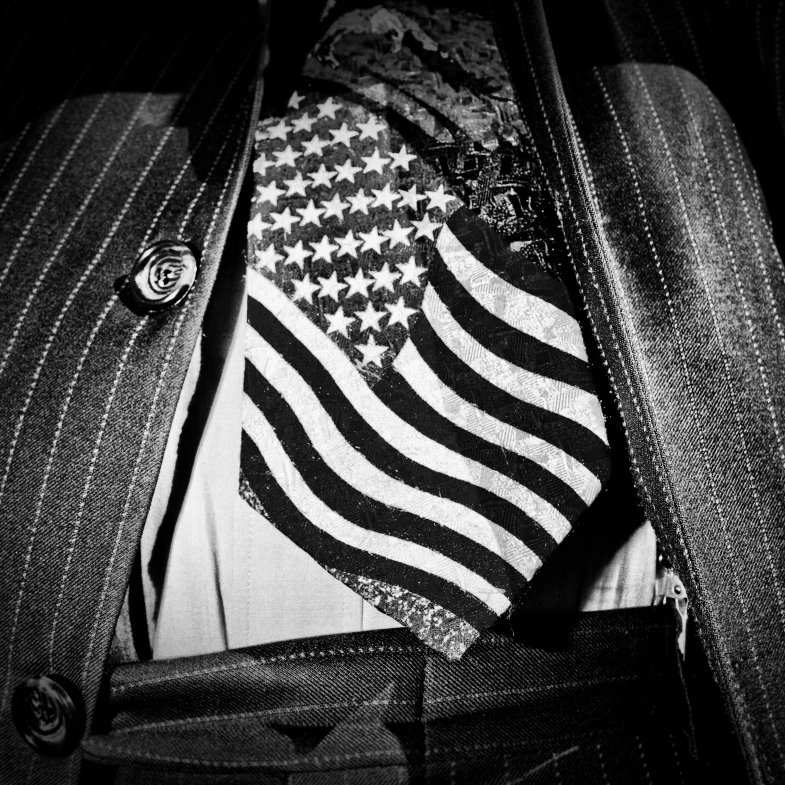
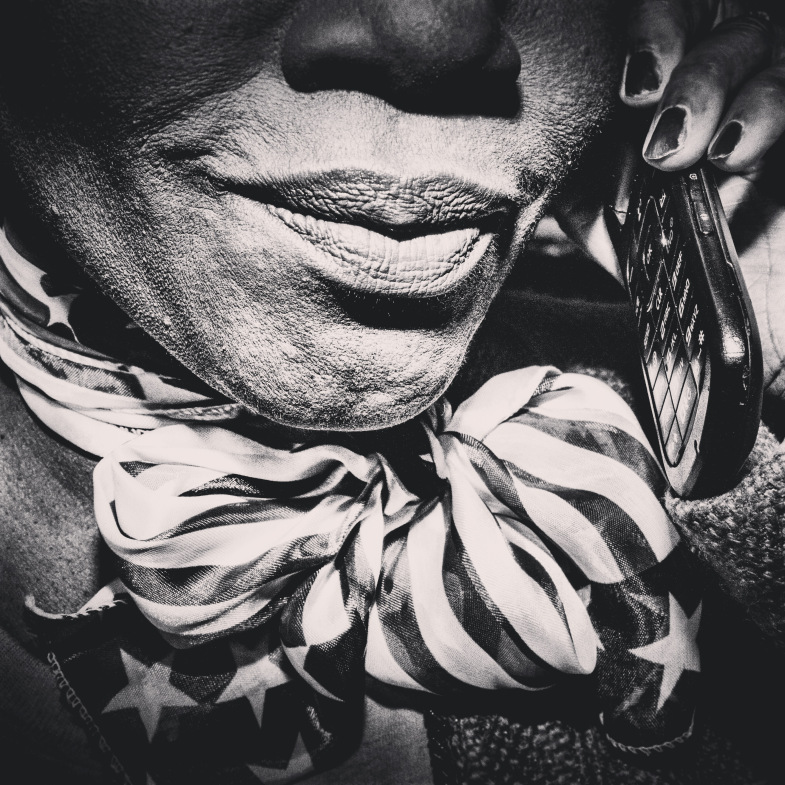

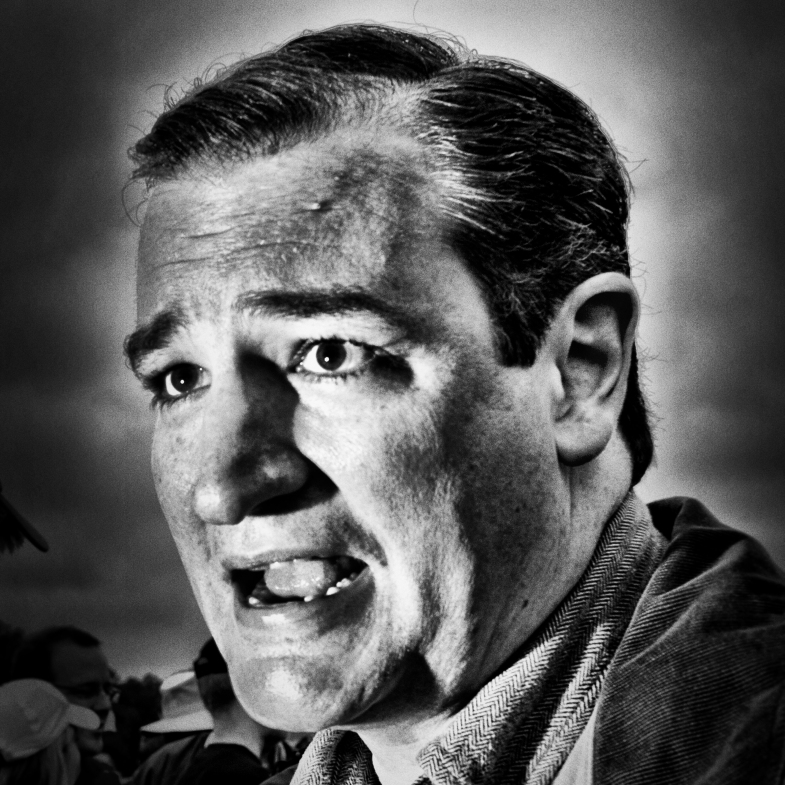


More Must-Reads from TIME
- Donald Trump Is TIME's 2024 Person of the Year
- Why We Chose Trump as Person of the Year
- Is Intermittent Fasting Good or Bad for You?
- The 100 Must-Read Books of 2024
- The 20 Best Christmas TV Episodes
- Column: If Optimism Feels Ridiculous Now, Try Hope
- The Future of Climate Action Is Trade Policy
- Merle Bombardieri Is Helping People Make the Baby Decision
Write to Tessa Berenson Rogers at tessa.Rogers@time.com